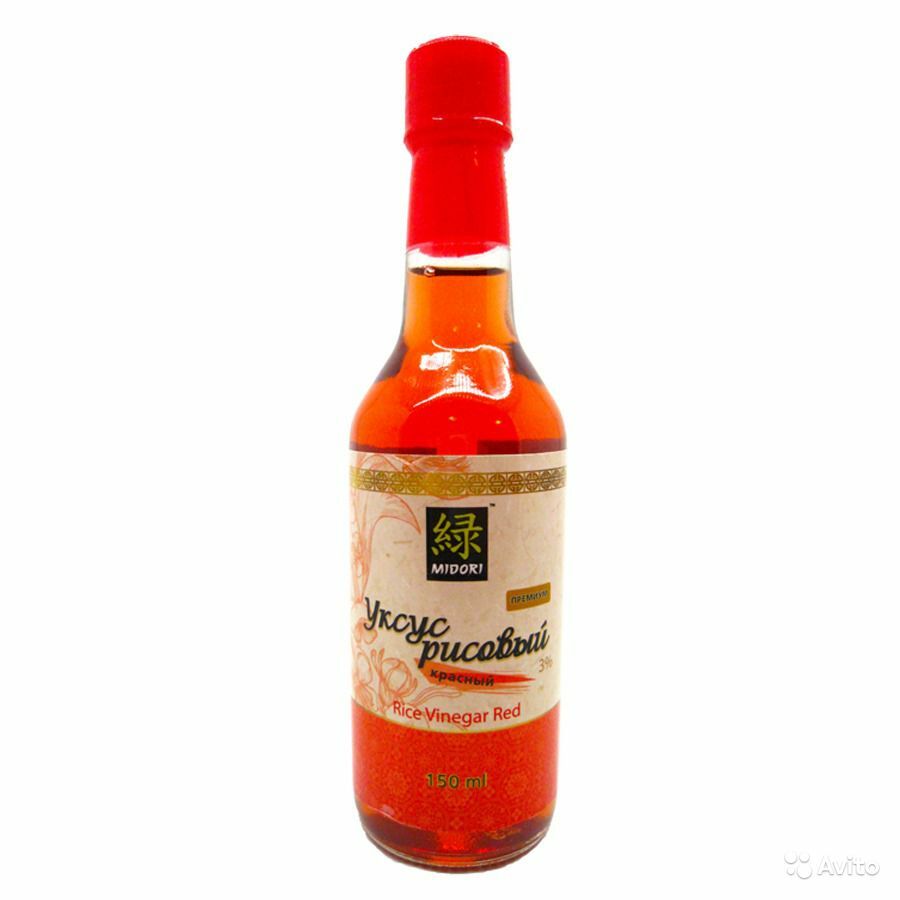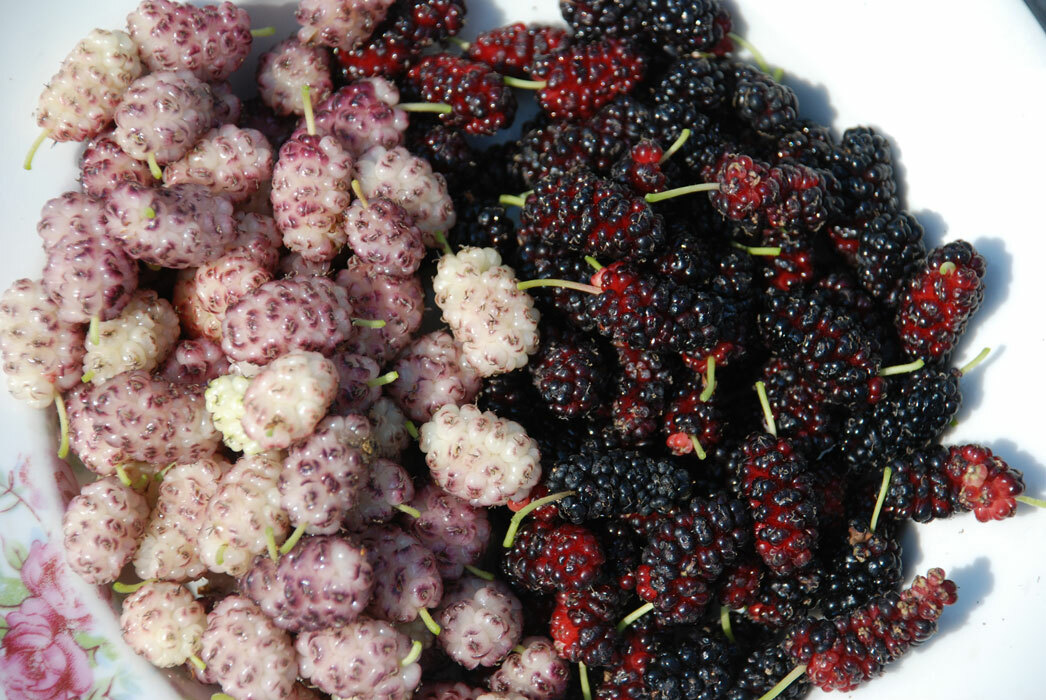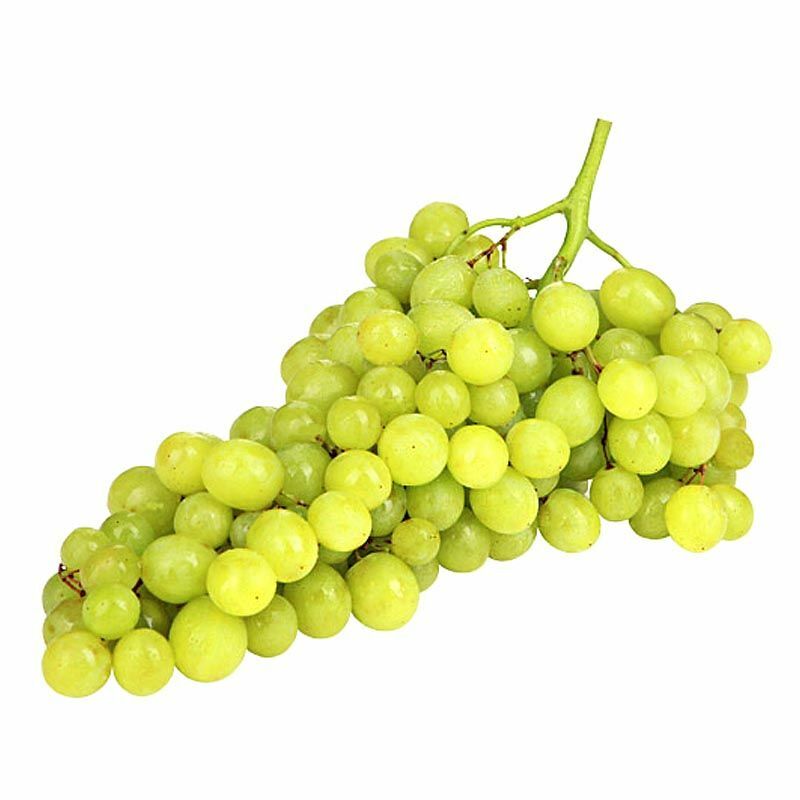Rice vinegar: benefit and harm
 Rice vinegar has got on tables to Europeans for a long time, but today it is not so easy to acquire, as, for example, soy.The discovery of the ingredient belongs to the Chinese - the leaders in the cultivation and use of cereals.Two thousand years ago, vinegar was served on tables only by the Chinese emperor and his nobility.The product was quite expensive, so for the common people remained inaccessible luxury.
Rice vinegar has got on tables to Europeans for a long time, but today it is not so easy to acquire, as, for example, soy.The discovery of the ingredient belongs to the Chinese - the leaders in the cultivation and use of cereals.Two thousand years ago, vinegar was served on tables only by the Chinese emperor and his nobility.The product was quite expensive, so for the common people remained inaccessible luxury.
In wide use vinegar came through sushi.Since it is made from special glutinous rice varieties, when combined with fish, a good binding effect is obtained, as a result of which the time for cooking a favorite dish has decreased.
After the Chinese, the Japanese discovered the useful properties of rice vinegar in the 4th century, but they prefer to use it not as an independent ingredient, but together with sugar and rice wine( mirin) when pickling fish, sushi and other dishes.
On the shelves you can find three main types of rice vinegar, differing in color, taste and density: white, red and black.

The first is added to many recipes of Japanese cuisine, it can be found in almost every salad.It is light and very liquid.Red vinegar is mainly served to seafood, and also added to sauces and gravies.But black people like to dress meat before suppression, sushi, noodles and seafood dishes.It is thick and full.Japanese rice also differs from Chinese to taste: if the first is slightly sweet and soft, then the second is sharp and sharp.
Nutritional value and chemical composition of rice vinegar
Nutritional information 100 g:
- Water: 94.78 g
- Energy value: 18 kcal
- Carbohydrates: 0,04 g
See the full list
- Energy: 76 kJ
- Inorganic substances: 0.02 g
- Sugar: 0.04 g
- Calcium, Ca: 6 mg
- Iron, Fe: 0,03 mg
- Magnesium, Mg: 1 mg
- Phosphorus, P: 4 mg
- Potassium, K: 2 mg
- Sodium, Na: 2 mg
- Zinc, Zn: 0.01 mg
- Copper, Cu: 0.006 mg
- Manganese, Mn: 0.055 mg
- Selenium, Se: 0.5 μg
Acid rice is acerbic acid more delicate than wineOr apple, and the lack of pronounced taste does not drown out the main dish.
In general, such a useful product has deservedly started to be in demand.After all, such an impressive complex of vitamins and minerals is not often found.As for amino acids, their beneficial effect on the peristalsis of the gastrointestinal tract only increases the significance of the seasoning.
Benefits of rice vinegar
Rice vinegar is recommended for people who want to lose weight or with gastrointestinal problems.Amino acids do not just maintain the proper operation of the stomach, but also accelerate the metabolism, give a charge of vigor, strength, and also accelerate the process of regeneration, purify the body of toxins.Minerals that make up the body, strengthen the bones, maintain the water-salt balance.In addition, vinegar has pronounced antibacterial properties.The seasoning prevents clogging of blood vessels and reduces the risk of cholesterol accumulation.Regular use in the form of sauces, even in a small amount will help get rid of problems with the work of the digestive tract and reduce weight.
Important: rice vinegar is allowed even to people with diseases such as gastritis and ulcers!
Harm of rice vinegar
 Contraindications of rice vinegar: not recommended for people with diabetes( link), as well as preschool children.
Contraindications of rice vinegar: not recommended for people with diabetes( link), as well as preschool children.
In general, the product is transferred well enough.The only exception is people with individual intolerance of individual components.But since many manufacturers, knowing about the enthusiasm of the population in a healthy way of life and love of Asian cuisine, produce the product in bulk, not always on the shelves is really good seasoning.Because of the need to go to large volumes, often in the manufacturing process, technology and quality standards are violated.As a result, most of the useful properties of rice vinegar disappears( the number of amino acids decreases, the amount of synthetic additives increases).The harm of rice vinegar can only be from poor-quality workmanship!
Please note: in order not to get on a fake and not get poisoning instead of benefits, it is necessary to pay attention to the country of manufacture, as well as to the composition.Quality vinegar is made from unpurified varieties without the addition of chemical components.



